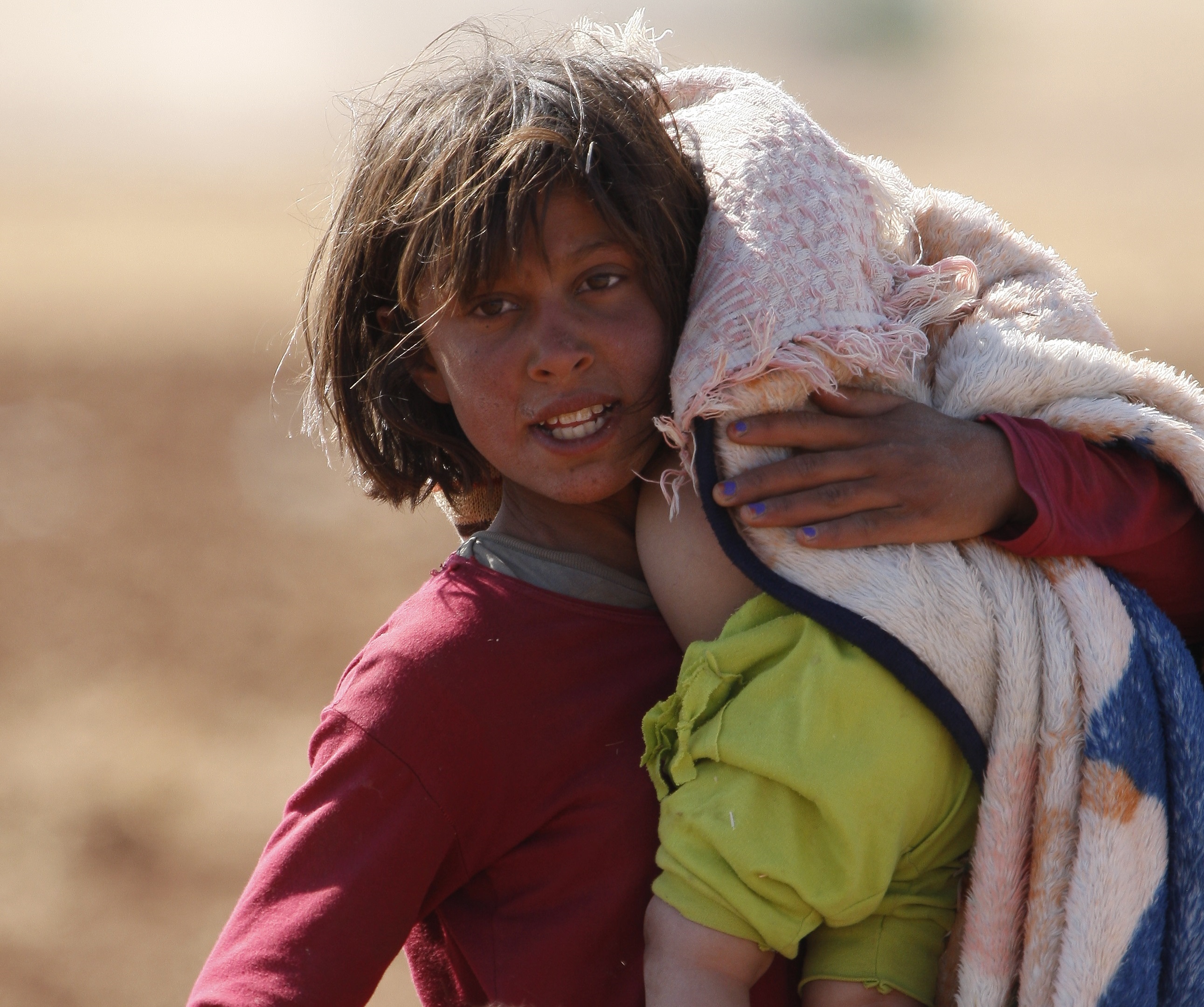
Authors who publish with this journal agree to the following terms:
- Authors retain copyright and grant the journal right of first publication with the work simultaneously licensed under a Creative Commons Attribution Non-Commercial License that allows others to share the work with an acknowledgement of the work's authorship and initial publication in this journal.
- Authors are able to enter into separate, additional contractual arrangements for the non-exclusive distribution of the journal's published version of the work (e.g., post it to an institutional repository or publish it in a book), with an acknowledgement of its initial publication in this journal.
- Authors are permitted and encouraged to post their work online (e.g., in institutional repositories or on their website) prior to and during the submission process, as it can lead to productive exchanges, as well as earlier and greater citation of published work (See The Effect of Open Access).
Abstract
This work seeks to explain why feminist theory has said transitional justice legal discourse has not
recognized the totality of harms women experience in the context of socio-political conflicts. To do
so, it analyzes three factors responsible for international law and the Western construction of the
female body as dualist and essentialist. Based on this analysis, it establishes that harms not usually
recognized by this legal discourse are considered “harms of secondary recognition,” since they do
not form part of the typical legal figures that precede the experience itself.

References
Ana Milena Coral-Diaz. Cuerpo Femenino en Transición, Estudio de Casos (Bogotá Universidad del Rosario, 2016)
Carol Smart Feminism and the power of law. (London: Routledge, 1989)
Catherine MacKinnon “Feminism, Marxism, Method, and the State: Toward a Feminist Jurisprudence”. Signs, 8(4), (1983) 635-658
Catherine O'Rourke, Gender Politics in Transitional Justice. (Routledge London, 2013)
Charlesworth, Hilary, and Christine Chinkin. "An Alien’s Review Of Women And Armed Conflict." In Imagining Law: Essays in Conversation with Judith Gardam, edited by Stephens Dale and Babie Paul, 171-94. South Australia: University of Adelaide Press, www.jstor.org/stable/10.20851/j.ctt1sq5x0z.12.2016. Accessed February 2, 2019.
Charlesworth, Hilary, and Christine Chinkin. "An Alien’s Review Of Women And Armed
Conflict." In Imagining Law: Essays in Conversation with Judith Gardam, edited by Stephens Dale and Babie Paul, 171-94. South Australia: University of Adelaide Press, 2016. Accessed February 2, 2019. www.jstor.org/stable/10.20851/j.ctt1sq5x0z.12.
Doris Buss "Performing Legal Order: Some Feminist Thoughts on International Criminal Law. International Criminal Law Review 11 (2011): 409-23.
European Court Of Human Rights. “Composition of the Court” https://www.echr.coe.int/Pages/home.aspx?p=court/judges&c= ( accessed December 20, 2019)
Fionnuoala Ni Aolain, “Rethinking the Concept of Harm and Legal Categorizations of Sexual Violence During War”. Theoretical Inquiries in Law, 1, (2009) 305.
Fionnuoala Ni Aolain, F. y Catherine “Turner Gender, Truth and Transition”. UCLA Women's Law Journal, Vol. 16, (2009) pp. 229-279
Gardam, Judith, and Hilary Charlesworth. "Protection of Women in Armed Conflict." Human Rights Quarterly 22, no. 1 (2000): 148-66. Accessed February 3, 2020. www.jstor.org/stable/4489270
Henry, Nicola. "Theorizing Wartime Rape: Deconstructing Gender, Sexuality, and Violence." Gender and Society 30, no. 1 (2016): 44-56. www.jstor.org/stable/24756163 .Accessed February 3, 2020.
International Court of Justice. “Current members” https://www.icj-cij.org/en/current-members ( accessed December 20, 2019)
International Criminal Court. “Current Judges” https://www.icc-cpi.int/about/judicial-divisions/biographies/Pages/current-judges.aspx (Accessed December 20, 2019)
Judith Gardam & Michelle Jarvis, Women and Armed Conflict: The International Response to the Beijing Platformfor Action, 32 COLUM. HUM. RTs. L. REv. 1, 56 (2000)p, 363 cited in Karima Bennoune, Do We Need New International Law to Protect Women in Armed Conflict, 38 Case W. Res. J. Int'l L. 363 (2007) Available at: https://scholarlycommons.law.case.edu/jil/vol38/iss2/6
Judith Gardam & Michelle Jarvis, Women, Armed Conflict and International Law, (The Hague, Kluwer Law International, 2001)
Karima Bennoune, Do We Need New International Law to Protect Women in Armed Conflict, 38 Case W. Res. J. Int'l L. 363 (2007)
Karima Bennoune, Do We Need New International Law to Protect Women in Armed Conflict, 38 Case W. Res. J. Int'l L. 363 (2007) Available at: https://scholarlycommons.law.case.edu/jil/vol38/iss2/6
Marie Joe Frug, “A postmodern legal manifesto (An unfinished draft)”. Harvard Law Review 105 (1992) 1045-1075.
Mary Joe Frug Women and the law. (Westbury, N.Y: Foundation Press, 1992)
Michele Foucault El orden del discurso. (Buenos Aires: Tusquets Editores, 1992)
Michele Foucault. La voluntad del saber (Madrid Siglo XXI, 2009)
Michelle Stanworth, Reproductive technologies: Gender, motherhood and medicine. (Cambridge: Polit, 1987)
Priya Pillai, “Women in International Law: A Vanishing Act?”
http://opiniojuris.org/2018/12/03/women-in-international-law-a-vanishing-act/ accessed (December 20, 2019)




















